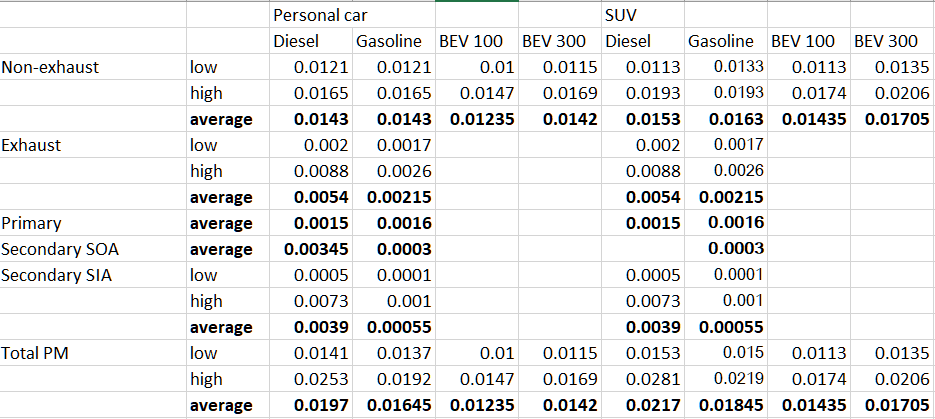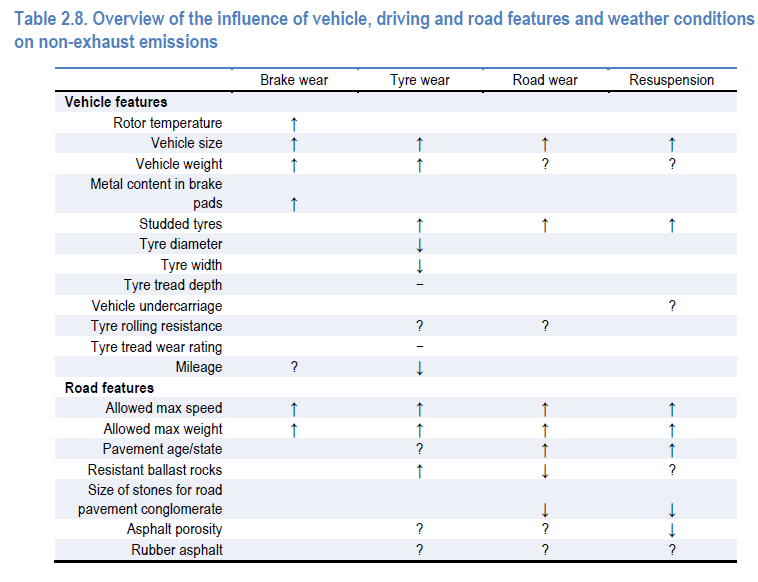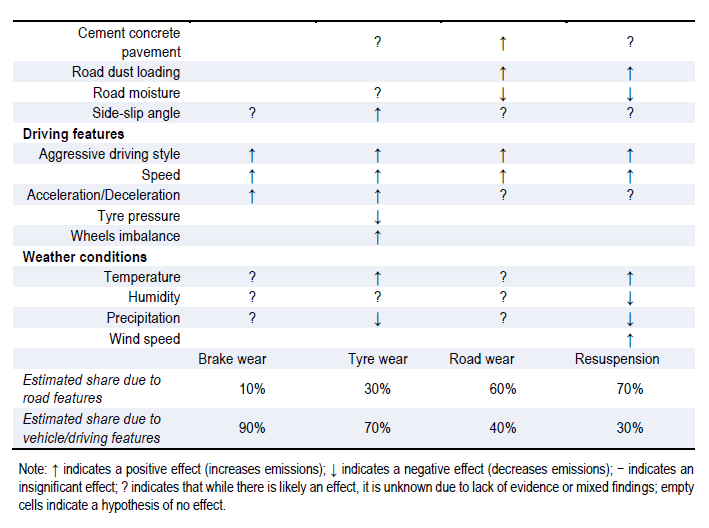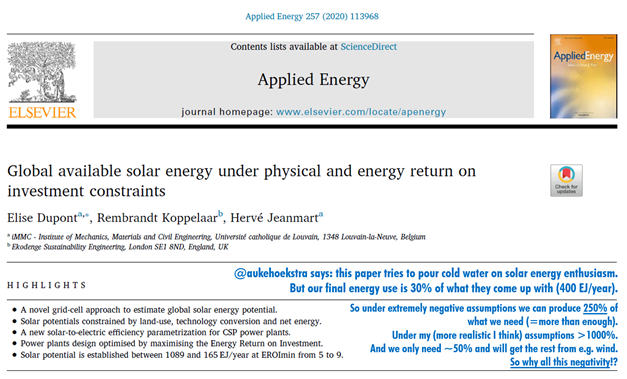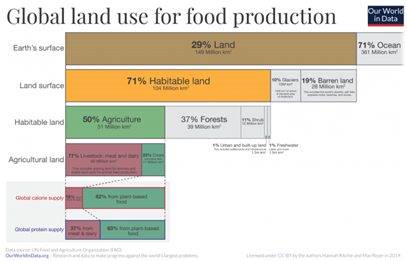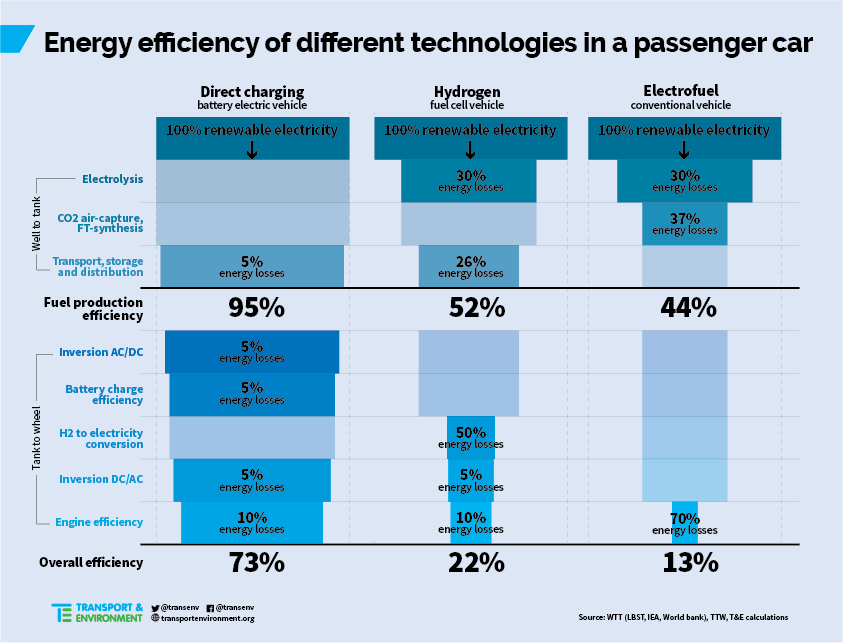
EVs DO NOT EMIT MORE PM
Recently @OECD published a report about particulate matter (PM) from road transport. Newspaper headlines blared that electric vehicles where worse than combustion vehicles. That conclusion was wrong according to the report itself.
Let me show you.
Recently @OECD published a report about particulate matter (PM) from road transport. Newspaper headlines blared that electric vehicles where worse than combustion vehicles. That conclusion was wrong according to the report itself.
Let me show you.

The report (published december 7) can be found here: oecd-ilibrary.org/environment/no… 
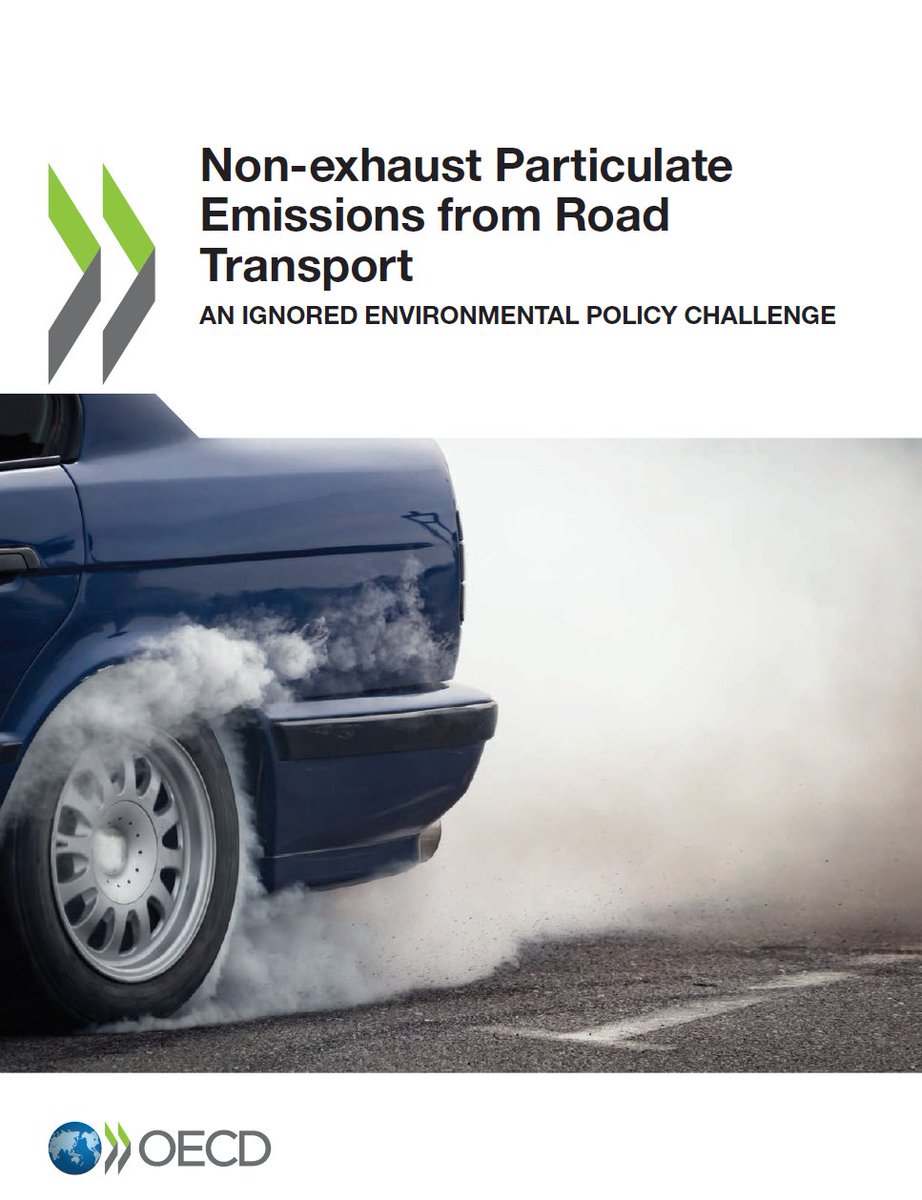
It's main point is well taken: as cars get cleaner, fine particles emitted by brakes, tires and road surfaces will become more important.
The table comparing electric and combustion engines is on page 92. I took averages of low and high values to get the graph in the first tweet.
The table comparing electric and combustion engines is on page 92. I took averages of low and high values to get the graph in the first tweet.
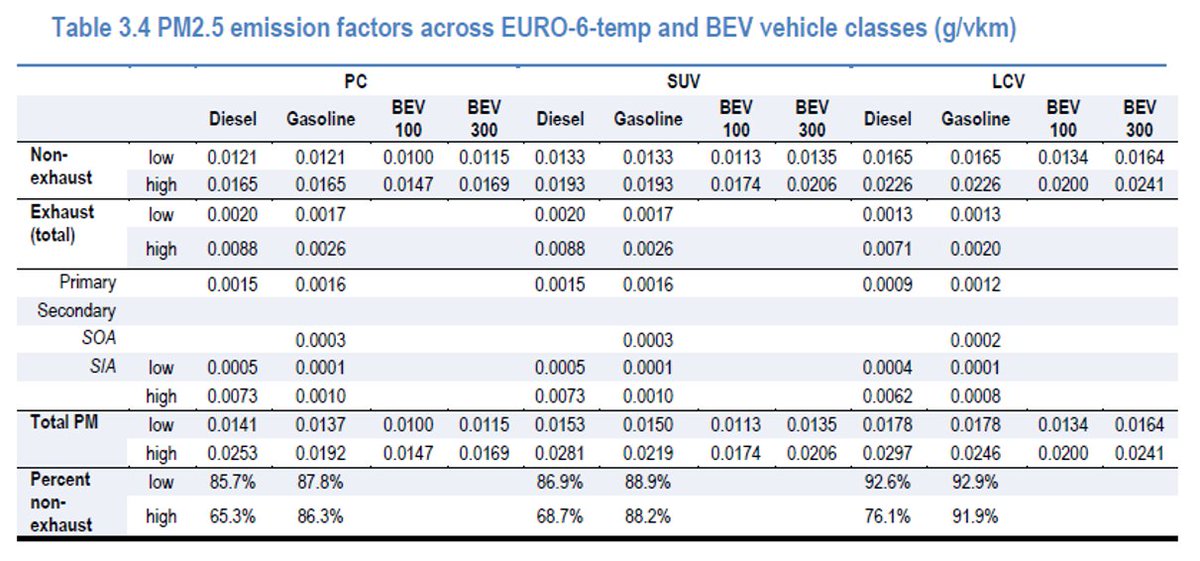
I think it is a terrific report that pulls together a LOT of literature on fine particles that cars spew into the air and that make us sick.
We have ignored this problem for too long, and there's more here than simply exhaust!
We have ignored this problem for too long, and there's more here than simply exhaust!
I have just two gripes with the article:
1) Electric vehicle weight
It estimates batteries at 10 kg/kWh when in reality it's already below half of that. So it makes electric vehicles much too heavy and doesn't take into account that in 2030 they will be much lighter still.
1) Electric vehicle weight
It estimates batteries at 10 kg/kWh when in reality it's already below half of that. So it makes electric vehicles much too heavy and doesn't take into account that in 2030 they will be much lighter still.
2) Simply comparing grams
We know that the stuff that comes out of the exhaust pipe is really bad for your health.
How that compares to sand and rubber from the road (gram for gram and particle for particle) is still completely unclear. They state this clearly themselves.
We know that the stuff that comes out of the exhaust pipe is really bad for your health.
How that compares to sand and rubber from the road (gram for gram and particle for particle) is still completely unclear. They state this clearly themselves.
We know that a lot of the stuff in there can be bad for your health (see table).
But how much is how bad and what is the impact of particle size? For the stuff that's not from the exhaust we basically have no idea.
But how much is how bad and what is the impact of particle size? For the stuff that's not from the exhaust we basically have no idea.
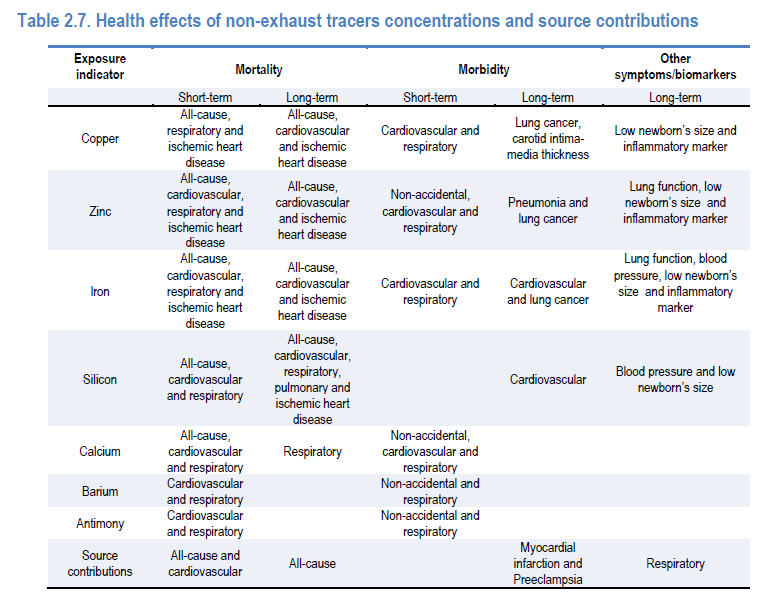
These studies about road dust are the closest the report comes to quantifying this but as you can see it's a mess. 

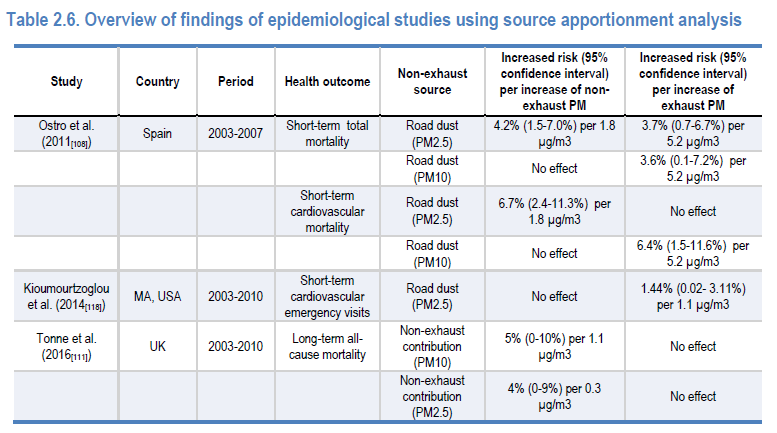
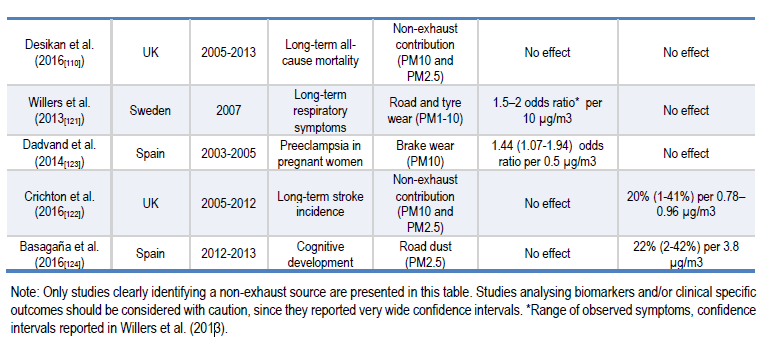
So for me the summary:
We know particles emitted from the road and the wheels of cars make us sick but that's about it. More research is urgently needed so we can avoid millions of deaths.
We know particles emitted from the road and the wheels of cars make us sick but that's about it. More research is urgently needed so we can avoid millions of deaths.
And there is a LOT we can do!
By switching to electric vehicles we are probably eliminating some of the most harmful emissions (from tailpipes and brake pads).
We could try to make tires more wear resistant (probably not a top priority of manufacturers).
By switching to electric vehicles we are probably eliminating some of the most harmful emissions (from tailpipes and brake pads).
We could try to make tires more wear resistant (probably not a top priority of manufacturers).
We can find out what materials in tires are worst and leave them out.
We can construct roads in a way that traps part of the particles or we might even vacuum them up before they are released out into the open.imperial.ac.uk/news/204514/ta…
We can construct roads in a way that traps part of the particles or we might even vacuum them up before they are released out into the open.imperial.ac.uk/news/204514/ta…
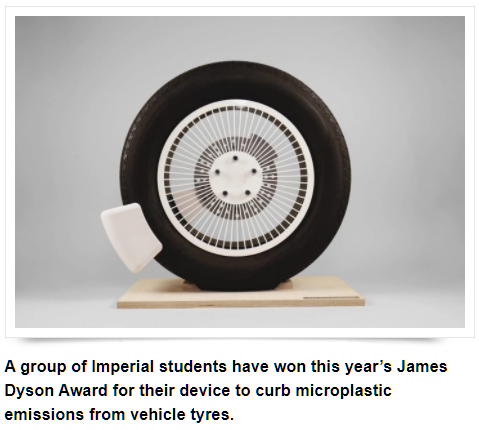
Most importantly we should use lighter cars. So a monster like this Cybertruck certainly doesn't make your neighborhood safer or healthier. 
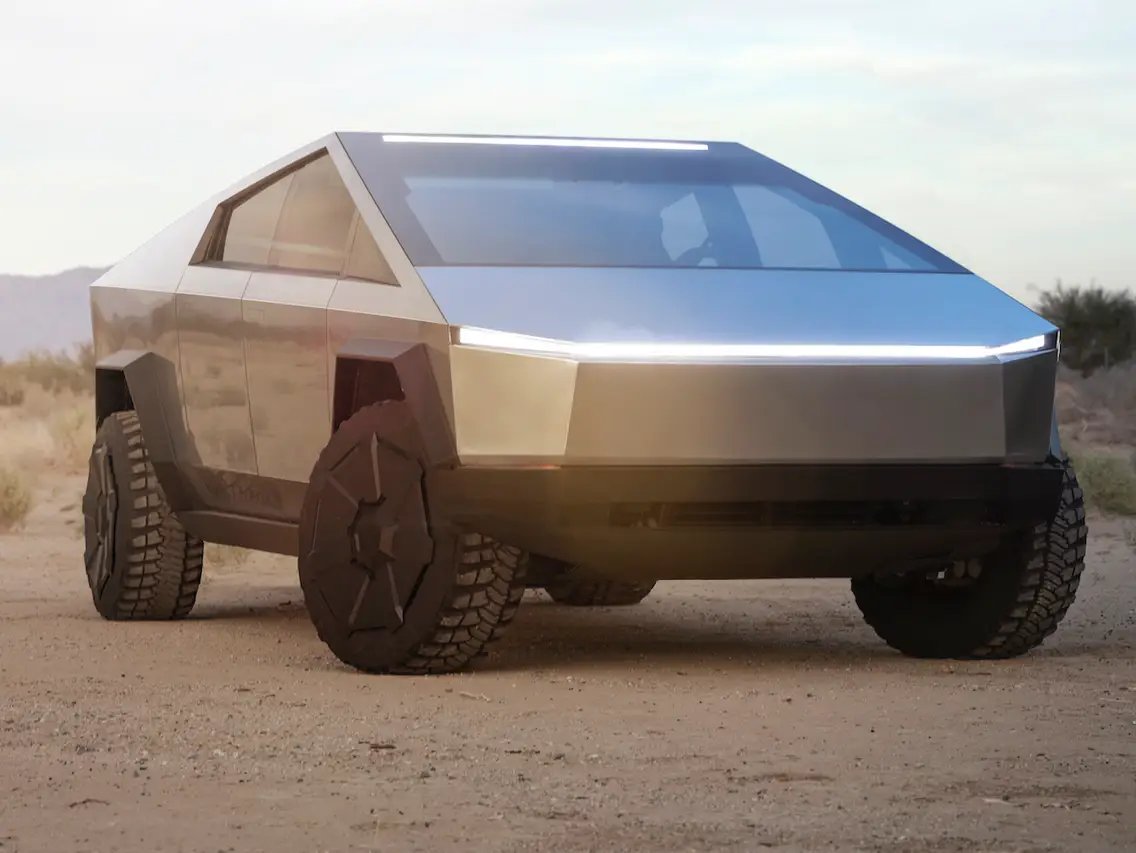
Bottom line: electric cars are less bad for the climate and air quality than regular cars, but once they eliminate tailpipe and brake pad emissions we should focus on emissions from tires and roads. And that's almost virgin territory. Time to get to work on that!
• • •
Missing some Tweet in this thread? You can try to
force a refresh
